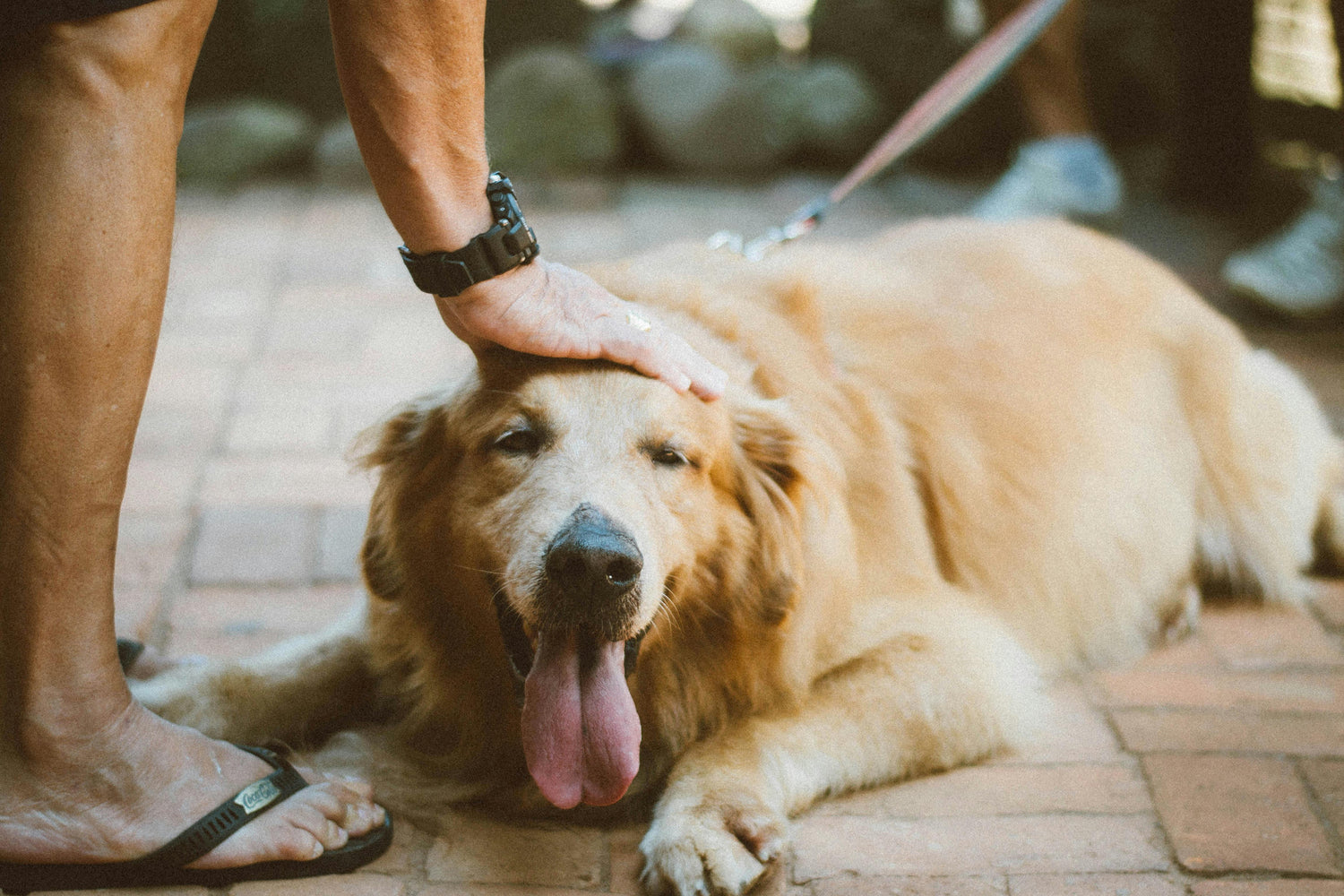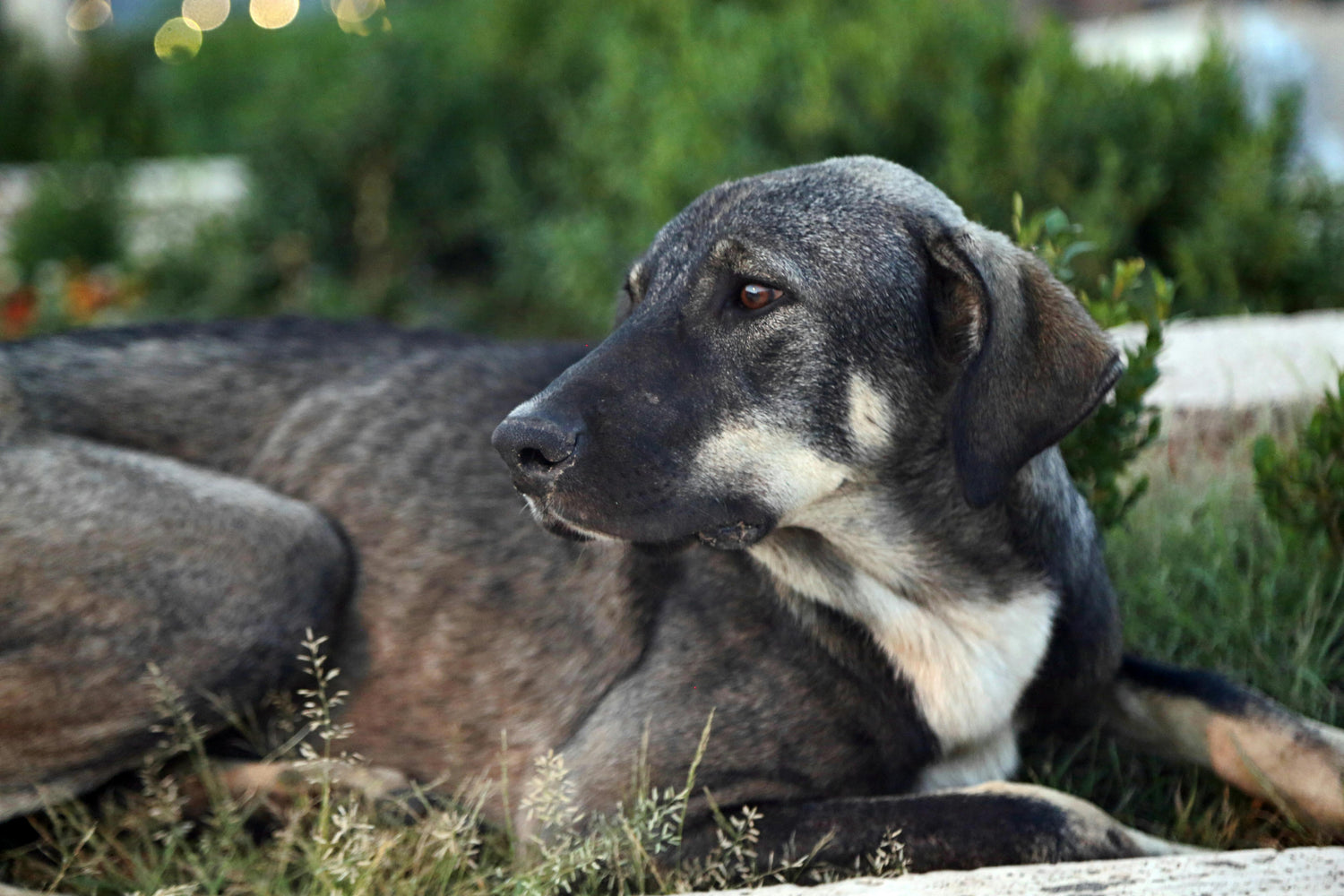First things first - what is an allergy?
An allergy is an abnormal reaction in the body, triggered by an external factor such as specific foods, environmental factors like pollen, or even parasites. Just like humans, dogs can develop allergies, and some breeds are more susceptible to allergies than others.
The key to managing your dog's allergies and restore normal function is the diet. A natural, wholesome diet fed in the right amount can allow the system to regain normal health, whatever the disease condition.

What is the difference between a food allergy and intolerance?
A pet food allergy involves the immune system and is usually triggered by a response to a protein. A pet food intolerance is a reaction to an ingredient, but it does not involve the immune system.
The symptoms of both can be very similar. Allergies involve immune reactions and allergy tests are often not reliable, so the only true way to determine an adverse food reaction is by feeding an elimination diet.

What are the most common food allergies in dogs?
Most common food allergies seen in dogs are beef, wheat and dairy. A dog can react to any ingredient in the food but it is most commonly the protein in the food. An allergic reaction can only be developed if a dog has eaten that ingredient previously as with an allergy their immune system as to recognise it and mount a response.
Dog breeds most commonly affected by food sensitivity include: Westies, Cocker Spaniels, Irish Setters, Shar Pei and German Shepherds.
What are the symptoms of a food allergies or intolerances in dogs?
Watch out for the following changes to your dog's health:
- Loose stools, vomiting and/or diarrhoea
- Abdominal pain and/or bloating
- Flatulence
- Itchy skin
- Inflamed skin
- Scaly, crusty patches of skin
- Recurring ear problems
Areas most affected are the face, paws, lower legs, groin, and, less often, the ears and eyes. In addition to scratching themselves with their hind feet, dogs often lick or chew the affected areas, or rub along the carpet to scratch their face or ears.

What should I do if my dog has allergies?
There are some simple changes you can make if your dog struggles with allergies:
- Look for a hypoallergenic food, as this avoids common allergens like beef or wheat
- Choose a diet with a single protein (meat/fish/egg) source
- Choose a diet with novel ingredients (ones your dog has not eaten before or very often)
- Follow our elimination diet guide
- And lastly, don't forget you can contact a friendly Burns nutritionist for advice!
What other dog allergies should I bear in mind?
Because the answer isn't always in their food.





